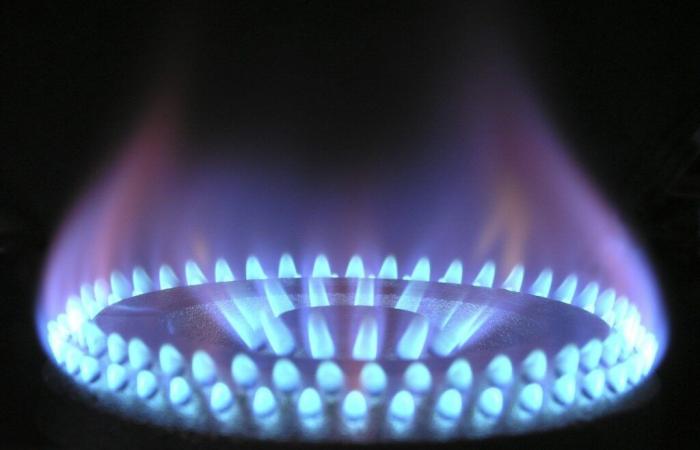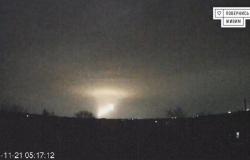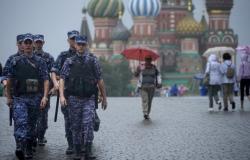On November 16, 2024, Russia officially stopped shipping natural gas to Austria, ending a trade relationship that had lasted for more than six decades. Anticipated, the decision symbolizes growing tensions between Moscow and Europe, while raising crucial questions about the continent’s energy resilience.
A financial dispute at the origin of the gas cut
The break between Gazprom, the Russian energy giant, and OMV, one of the main Austrian energy suppliers, has its origins in a financial dispute. OMV obtained a favorable arbitration decision allowing it to claim compensation from Gazprom for gas deliveries not honored in 2022. Rather than complying with this decision which requires it to pay 230 million euros, Gazprom chose to completely cut off its exports to Austria. This gesture is part of a broader Russian strategy aimed at using energy resources as a lever for geopolitical influence. The cessation of supplies to Austria thus marks a new episode in the deterioration of economic relations between Russia and Europe since the start of the war in Ukraine.
For Austria, this suspension comes after a period of forced energy transition. Before 2022, the country was one of the most dependent on Russian gas, covering almost 90% of its needs thanks to this source. Since then, efforts have been made to diversify supplies. Imports from Germany, Italy and the Netherlands have increased, and national storage capacities have been strengthened, reaching 93% full today.
Towards an increase in the price of gas in Europe?
The economic consequences of this rupture are multiple. On the one hand, supply costs have increased due to increased dependence on European markets, where prices remain volatile. On the other hand, this situation fuels energy inflation, which is already worrying for households and businesses. The Austrian government has tried to reassure the population by saying that no one will run out of gas this winter. However, this confidence is based on the assumption of moderate consumption and an absence of extreme climatic conditions. Households risk experiencing tariff increases, while energy-intensive industries must deal with increasing production costs, potentially affecting their competitiveness on international markets.
On the European level, the cessation of deliveries to Austria highlights the persistent disparities between Member States in terms of energy security. If the European Union as a whole has succeeded in reducing its dependence on Russian gas, certain countries, such as Hungary and Slovakia, remain particularly vulnerable. Investments in infrastructure, particularly for liquefied natural gas from the United States and Qatar, are progressing, but they require considerable financial efforts and delays which make these solutions ineffective in the short term.






